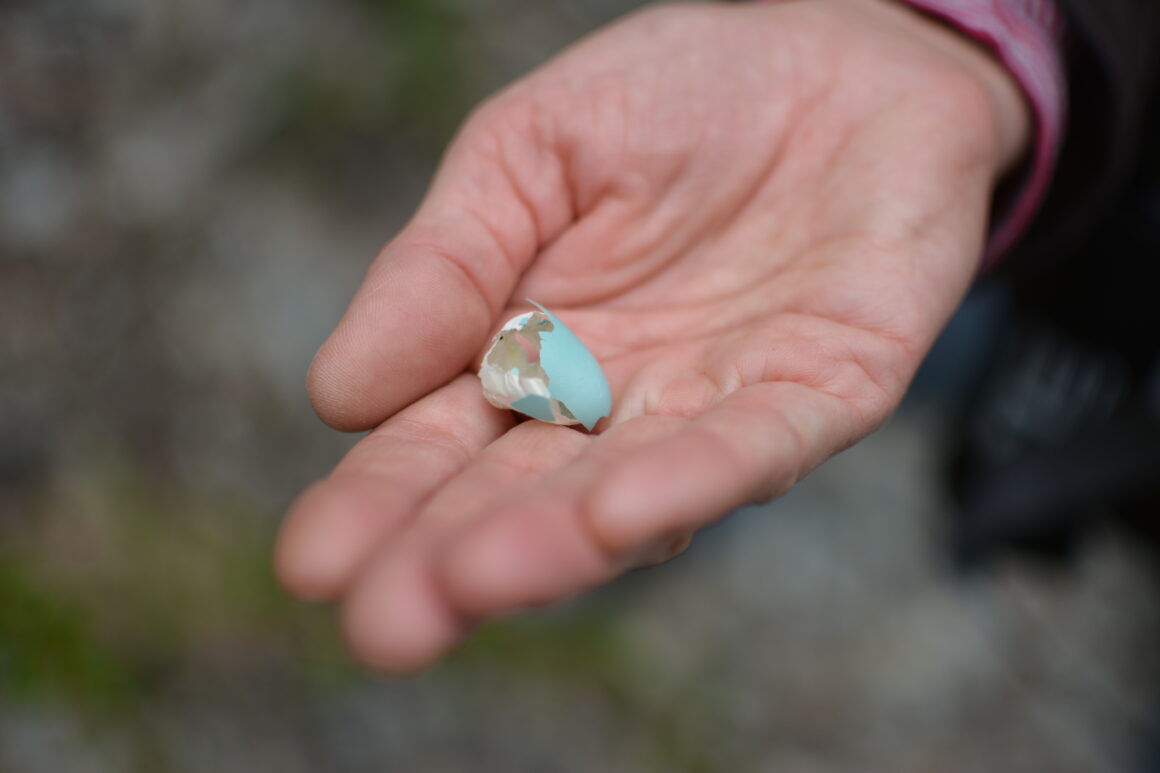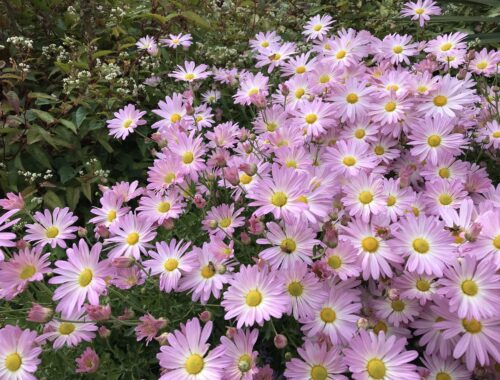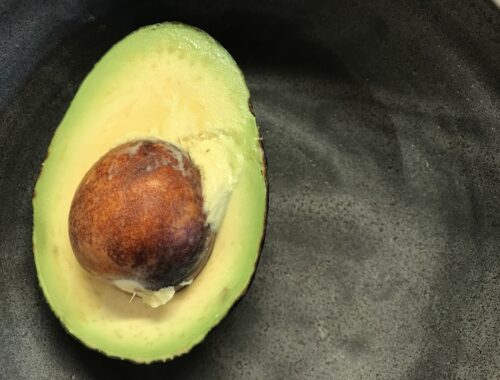
Pipping
It’s such a humbling, sobering wonder to consider how our bodies, minds, and spirits accumulate our experiences: the air we’ve breathed, the food and drink we’ve consumed, when we’ve moved or been still, lifted loads or stretched, how we’ve treated others, how others have treated us, when we ruminate or meditate, what we study or create, the intensifications of poverty or systemic oppressions or geography—they’re all held and traced in our bodies, even if we’re no longer or ever were conscious of the actions or their effects, even if memory hazes the moments. Eventually, of course, for each of us, the accumulations break our bodies—it’s all too much for too long or too much all at once—but until that unknown future point, how do we ease the weight of the accumulations, how do we engage with them in a graceful dance?
This morning I woke up thinking of three broad categories of approach, iterations of action: nourishment, release, and treatment. I feel such tenderness and protectiveness toward bodies and the people in and of them; a friend exclaimed yesterday, “Bodies are sacred!” and I agree as I hope to, imagine, and practice offering my beloveds, myself, and everyone eternal springs of love, of pure water, of clean food, of warmth and shade within safe spaces. I think of the new bodies my body formed and brought into the world; those bodies, those people, will turn 29, 27, and 25 years old this spring, starting next month and continuing into April and May. I think of their constant needs for nourishment when they were new, when they were young; I think of their similarly relentless and nearly overwhelming needs for nourishment when they were adolescents exploding with growth and energy. I think of the focusing arc of needs for my man and me in our aging, the refinement of all we’ve learned thus far about what works for us and the new challenges we’re trying to chart. I think of prayer and meditation, of yoga and forgiveness, of the walking and sweating and crying it out and working it through to transform and release the disappointments and sorrows, the betrayals and setbacks, the aches and the pains. I think of patience and persistence, of curiosity and compassion, of the possibilities of suspending judgment until wisdom is revealed. And I think of treatments, of the moments when balance is seriously disturbed and we and our doctors try to re-establish a recognizable equilibrium, a healing and a re-set, a near or new normal—for now, until then. At 56 years old, I have lived past a statistical mid-point of life, and I have always said I wanted to grow old, to live robustly until I’m at least 100. I’m starting to understand better now, though, what aging can mean, and I feel a bit more conditional and cautious in my desire for a century plus. There are some evenings that I don’t think I would want to witness more than 100 years of war and natural disasters. Most mornings, though, even 100 springs and summers don’t seem nearly enough.




